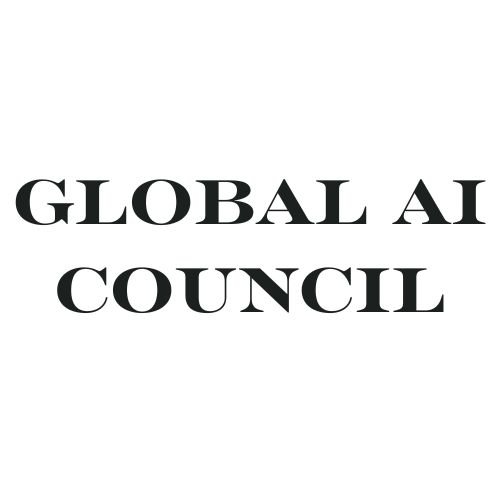AI-Powered Personal Assistants: How They’re Changing Our Lives
Artificial Intelligence (AI) has revolutionized the way we manage our daily tasks and interact with technology through the development of personal assistants. These AI-powered assistants, such as Siri, Alexa, Google Assistant, and Cortana, have become integral parts of our lives, helping us stay organized, informed, and connected. Here’s a look at how AI-powered personal assistants are changing the way we live and work.
1. Voice-Activated Assistance
Hands-Free Operation: AI-powered personal assistants enable hands-free operation of devices, allowing users to perform tasks such as setting reminders, sending messages, and making calls using voice commands.
Accessibility: Voice-activated assistants make technology more accessible to individuals with disabilities or impairments, allowing them to interact with devices and access information more easily.
Multi-Tasking: AI assistants can handle multiple tasks simultaneously, such as checking the weather, setting alarms, and playing music, making them efficient tools for managing daily routines.
2. Information Retrieval and Management
Instant Answers: AI assistants can quickly provide answers to questions on a wide range of topics, such as facts, definitions, and calculations, using their access to vast databases and the internet.
Organization: AI assistants can help users organize their schedules, manage appointments, and set reminders, ensuring they stay on top of their commitments and deadlines.
Contextual Understanding: AI assistants can understand context and user preferences, providing personalized responses and recommendations based on past interactions and behavior.
3. Smart Home Integration
Home Automation: AI assistants can control smart home devices, such as lights, thermostats, and security cameras, allowing users to manage their homes remotely and create customized environments.
Entertainment: AI assistants can play music, podcasts, and audiobooks, as well as control smart TVs and streaming services, enhancing the entertainment experience at home.
Shopping and Ordering: AI assistants can help users shop online, order food delivery, and make reservations, simplifying the process of purchasing goods and services.
4. Productivity and Efficiency
Task Automation: AI assistants can automate repetitive tasks, such as email management, file organization, and data entry, freeing up time for more important activities.
Workflow Optimization: AI assistants can suggest ways to optimize workflows and improve efficiency, based on analysis of user behavior and patterns.
Collaboration: AI assistants can facilitate collaboration by scheduling meetings, coordinating calendars, and managing communication between team members.
5. Challenges and Considerations
Privacy and Security: AI assistants raise concerns about privacy and data security, as they have access to sensitive information. It is essential to implement robust security measures and ensure user data is protected.
Reliability and Accuracy: AI assistants may not always provide accurate or reliable information, leading to frustration and misinformation. Continuous improvement and testing are crucial to ensure their effectiveness.
Ethical Use: AI assistants should be designed and used ethically, respecting user privacy and autonomy. Transparency about data collection and use is essential to maintain trust with users.
6. Future Trends and Opportunities
Conversational AI: Advances in natural language processing (NLP) are enabling more natural and human-like interactions with AI assistants, enhancing user experience and engagement.
Emotional Intelligence: Future AI assistants may incorporate emotional intelligence to better understand and respond to users' emotions, creating more personalized and empathetic interactions.
Integration with IoT: AI assistants will increasingly integrate with the Internet of Things (IoT) to control and manage connected devices, creating seamless and integrated smart environments.
Conclusion
AI-powered personal assistants are transforming the way we live and work, providing us with a new level of convenience, efficiency, and connectivity. As AI technology continues to evolve, the capabilities of personal assistants will expand, offering new opportunities to enhance productivity, creativity, and quality of life. By embracing AI-powered personal assistants, we are entering a new era of human-machine collaboration, where technology becomes an integral part of our daily lives, helping us navigate the complexities of the modern world.
